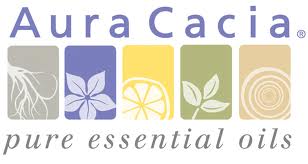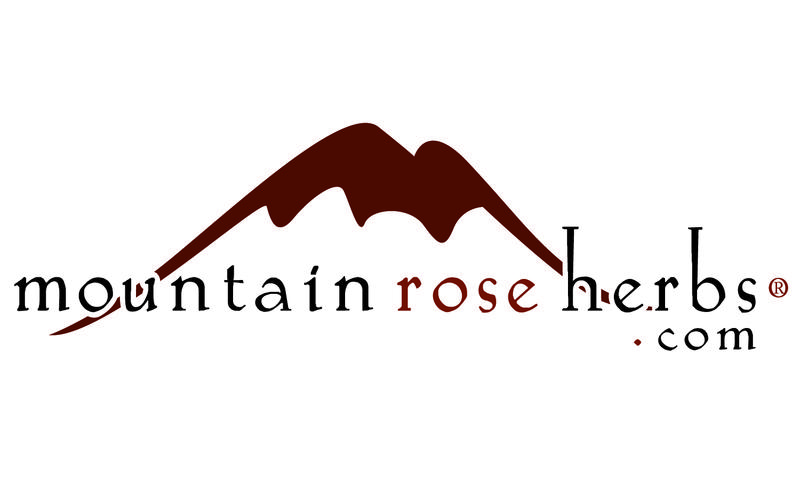Degrees of Quality:
This mostly has to do with the way its distilled. It's cheaper to high heat distill with high pressure. Many companies vertically steam to produce their oils. This way it never overheats the plants being distilled and the therapeutic qualities are not denatured. Many companies are using too much pressure try to squeeze out as much oil as they can. This is not because its going to be wasted oil if they don't squeeze it out, its the profits they will lose because they had to buy those plants. If they spent 50,000 dollars on plants, and 20% of it is wasted, thats $10,000 profit. So, they use high pressure to get the oils out and its now just denatured, good smelling oil. Smells good but therapeutic value totally destroyed.
The quality is measured by how many constituents are lost. As the pressure and heat increases, the weakest constituents are lost one at a time. Just like overcooking food, the plants when being distilled can also be overcooked.
Grading of Quality
Grade AA prime
This grade is from zero to minimal pressure distillation, although much of the oil is lost. The price is much higher due to this low temperature oil. Oils are grown only on indigenous land, nothing farm raised. Wild crafted only. There are no organic oils in this category. Pressure is only used if manadatory for certain plants. Pressure will not be used to extract what won't come out with low heat distillation. This grade is harvested in prime season
Grade A Grown with organic practices but not wild crafted. May be certified organic. Grade A is distilled with minimal pressure. This grade is also harvested in prime season. Grade A oil is usually from companies that own their own farms, not subcontracted from other vendors.
Grade B: This grade is distilled with low to medium pressure. This grade is distilled longer than Grade A. There are no solvents used and this grade can be conventional. This grade may or may not have had peak growing time. Most of the constituents are still intact although not as therapeutic as Grade A.
Grade C: This grade contains conventional, usually farm raised plants. These are not grown indigenously and the soil may have been depleted. This grade is good if you want good smelling oils but not for therapeutic uses. This grade usually has been high heated with high pressure. Light solvents may have been used. I do not recommend this grade for aromatherapy. Dumping of the first distillation and then doing a second distillation so the first distillation doesn't get destroyed. Many people don't want low pressure/low heated oils mixed in with high heat/high pressure oils.
Grade D: This grade is known for using solvents to suck the plant dry of its oils. This grade does a one time high heat/high pressure run or a first distill, then followed by 3 to 4 more disillations so they get as much out without killing all the properties. The 2nd distill is a little more potent than the 3rd, and so on. The oil might smell good but its a weak oil. Funny thing is no company has ever told me they redistill their oils but when you get them you can tell. 90% of the oils I tested show me otherwise. This grade is known as "perfume grade".
Note: As essential oils sit on the shelves, their therapeutic properties go away. Just like juicing, every day they sit in the fridge they lose 10% of their value, oils, depending on which type, they lose value every year too. Even Grade A oils after 5 years sitting around can be come no more therapeutic than Grade D. Many people are buying bunk oils and don't know because they don't know when it was distilled.
What about how the plants are processed to make the oils?
Finding a good brand of oil is very hard because different distilleries all distill their oils differently, often by the request of who is buying it. Depending on the process used this is a factor in producing higher grade therapeutic oils vs. low grade fragrance oils. Many times trying to get information from the manufacturer about what processes were used is near impossible. Usually the 5% of oils that are exclusive high grade are totally honest about this because they are proud of the methods they use. After all it costs 10-20 times more for to use certain extraction processes!
When trying to decide on quality, knowing if the oil I am getting is a total constituent or a select constituent oil is the first thing I look for. The type I don't want has way less of the therapeutic constituents left after its distilled. The type that is created at low pressures will have most of its components left intact. Distilling it at higher pressures will add more constituents (this is just about pressure, not high heat and pressure). There are very few distilleries that steam the plants from the top. There steam injector is at the top and the oils condense at the bottom. With this way, gravity pulls the oils instead of adding artificail pressure. It takes nearly 24 hours do distill in this process but the aromas are way deeper and more complex than any other way I've experienced.
Take my essential oil quiz. If you don't know which grade you need, I will pick out the brand based on your answers.
WATCH OUT FOR LIST
Know Before Buying
Helpful Information
Name:
Email:
Number:
Best time to call:
Time Zone:
Comments/ Feedback
Please include feedback so it's easier for me to help you.
I only will try to help you based on the answer to your questions.
Which essential oil brands best serves You? I compile useful information to help people make a better decision.
If you are interested in getting a certain brand, take my essential oil quiz first and I will send you samples from the brands that you should consider based off of the Quiz results below. I only will try to help you based on the answers to the questions. Leaving extra comments and feedback that wasn’t covered by the quiz is great too.
If you have a sincere essential oil question that I haven't answered on my website, Please let me know ASAP and I will try to answer it by calling or emailing you back.
Are you a Health Practitioner or a residential user??
What type do you want?
Extraction:
What grade do you want?
Do you care if solvents are used in your oils
Do you care if the oil has a "herby" smell?
Scent:
Distill: Do you want only first distill oil?
Which is more important:
Which brand(s) are you mainly interested in
If other, which one?
The following questions are what I feel are the most basic fundamental ones that you "should" know before attempting to pick your brands and types of oil.
I have worked with and tested nearly every brand of essential on the market. I will contact you personally and help you find the right essential oil brand for your personal or clinical use.
Are you seeking more info about a particular brand or type?
How familiar are you with using essential oils?
Do you know your Ayurvedic Body Type? AKA Dosha Type? If not please take the quiz below and write in your body type into the Quiz comments.
What are you using essential oils for mainly?
Do you want oils grown not in their original native area?
Do you not mind companies that grow the plants not in the peak growing season? This provides a lower cost oil and generally not good for therapeutic usage.
Does it need to have a long Shelf life?
Are you going to be selling them
Would you be interested in reduced price oils if near end of expiration date?
Are you interested or willing to submit a review on the oil samples that we send out?
The Largest essential oil review on the net.
...because every company said their quality was the best.
Which essential oil brands best serves You? I compile useful information to help people make a better decision.
MyEssentialOilReview.com
Ask for free samples of any oil we carry.
I spend several hours a day putting together sampler packages for anyone who calls me.
Ask for Beth when you call.
Today's Special freebies
At Cost specials to first time people coming to my site














